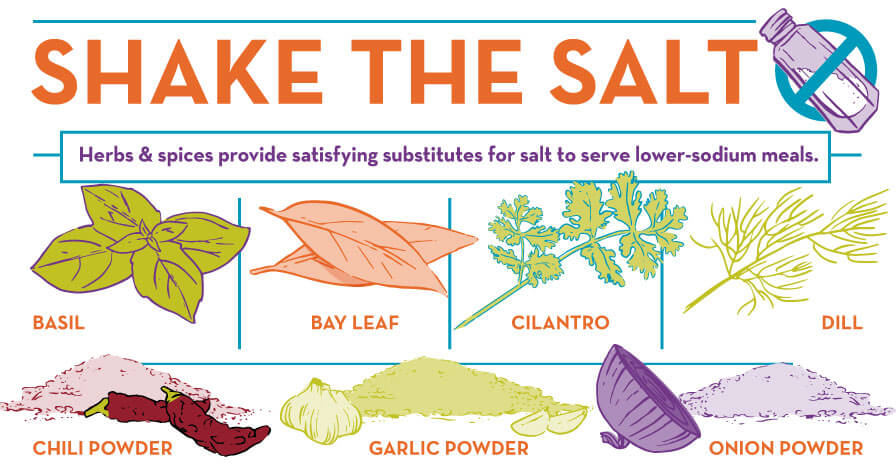Genetics and Heart Disease

How Does Genetics Affect Heart Disease?
While lifestyle factors play a major role in heart health, there’s also a connection between genetics and heart disease. In some areas, the link is direct, such as genetic conditions that affect the heart muscle. In others, the connection may be more indirect, like when a gene causes elevated cholesterol levels, which then increases a person’s risk of heart disease.
Can Heart Disease Be Genetic?
When people ask, “Is heart disease hereditary?”, the answer is that it can be in some cases. For example, genetic heart disease types include conditions like:
- Hypertrophic cardiomyopathy. This disease causes thickening of the heart muscle, which results in chest pain, rapid or pounding heartbeats, shortness of breath, and fainting.
- Sudden cardiac death. This condition most often strikes adults between the ages of 35 and 45 and affects twice as many men as women.
- Long QT syndrome. This condition affects the heart’s electrical system and can cause fainting, seizures and sudden death.
- Familial atrial myxoma. This is a rare genetic disorder that causes the formation of a benign, gelatinous mass in the upper chambers of the heart. Symptoms include a heart murmur, fatigue and shortness of breath.
These are just some of the heart conditions that are caused by genetics.
Genetic Risk Factors for Heart Disease
When considering genetic risk factors for heart disease, your doctor may look for:
Genetic Markers for Heart Disease
These are found using genetic testing.
Family History of Heart Disease
It’s important to share with your doctor everything you know about family members who’ve had heart disease.
Environmental Factors
While the environment you’re raised in isn’t a genetic factor, there are behaviors that run in families such as poor diet or sedentary lifestyle that play a role in whether heart disease will develop or worsen.
These and other factors influence how an inherited heart condition will affect you.
Learn More About Genetics and Heart Disease from Baptist Health
Learn more about heart care from Baptist Health. Take a Health Risk Assessment (HRA) questionnaire to estimate your personal health risk and identify your risk factors for heart disease.



